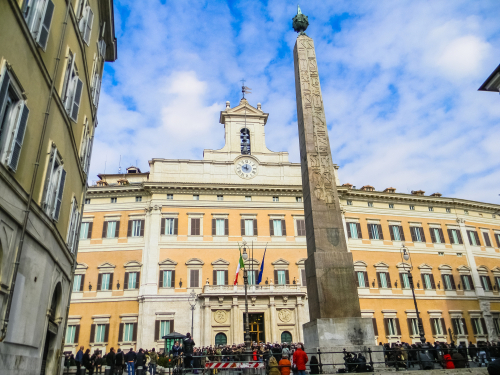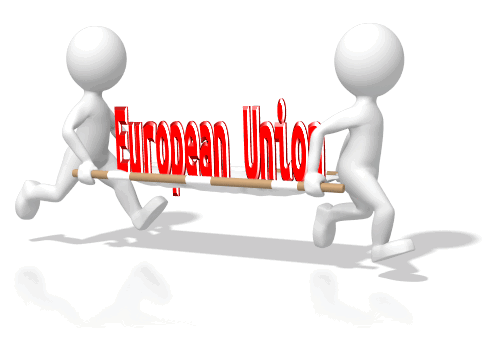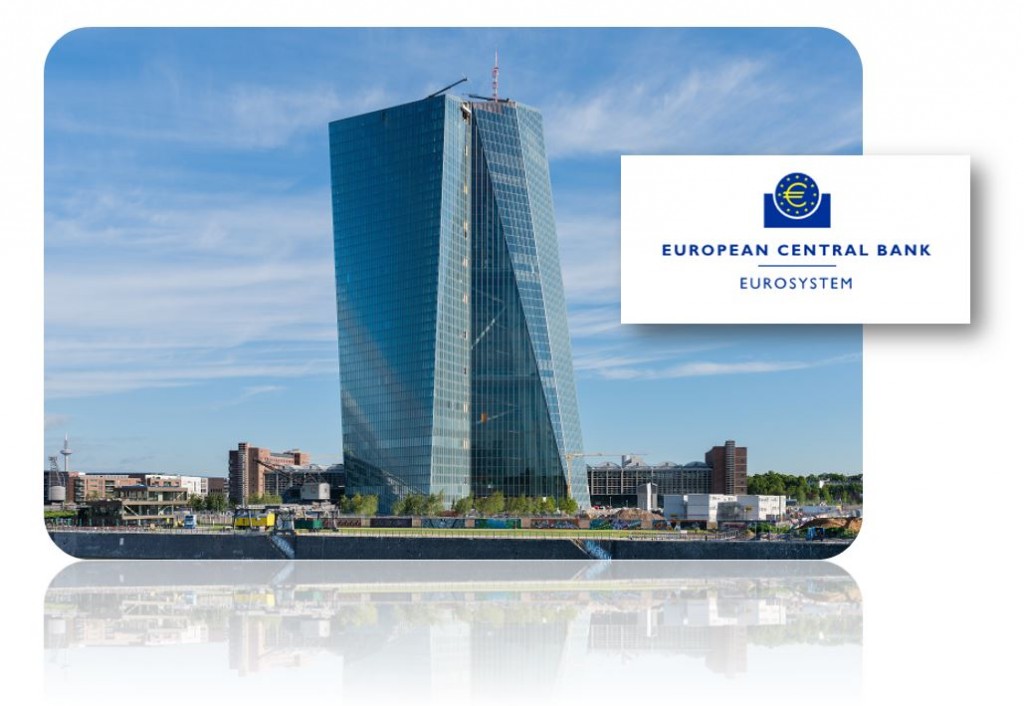Even banks outside Italy have an absurdly out-sized exposure to Italian sovereign debt.
The dreaded “Doom Loop” — when shaky banks hold too much shaky government debt, raising the fear of contagion across the financial system if one of them stumbles — is still very much alive in Italy despite Mario Draghi’s best efforts to transfer ownership of Italian debt from banks to the ECB, according to Eric Dor, the director of Economic Studies at IESEG School of Management, who has collated the full extent of individual bank exposures to Italian sovereign debt.
The doom loop is a particular problem in the Eurozone since a member state doesn’t control its own currency, and cannot print itself out of trouble, which leaves it exposed to credit risk.
The Bank of Italy, on behalf of the ECB, has bought up more than €350 billion of multiyear Treasury bonds (BTPs) in recent years. The scale of its holdings overtook those of Italian banks, which have been shedding BTPs since mid-2016, making the central bank the second-largest holder of Italian bonds after insurance companies, pension funds and other financials.
But Italian banks are still big owners of Italian debt. According to a study by the Bank for International Settlements, government debt represents nearly 20% of banks’ assets — one of the highest levels in the world. In total there are ten banks with Italian sovereign debt holdings that represent over 100% of their tier 1 capital (or CET1), according to Dor’s research. The list includes Italy’s two largest lenders, Unicredit and Intesa Sanpaolo, whose exposure to Italian government bonds represent the equivalent of 145% of their tier 1 capital. Also listed are Italy’s third largest bank, Banco BPM (327%), MPS (206%), BPER Banca (176%) and Banca Carige (151%).
…click on the above link to read the rest of the article…







 The Italian election results are in and once again it demonstrates that correlating economics with voting, you end up with a far more accurate forecast. Trying to predict based upon samples of calling people appears to be not merely questionable, but also prone to human bias. We have been warning that this trend toward nationalism is growing worldwide and especially within Europe. The Italian vote proves that the refugee issue is a major crisis and the people do not support it.
The Italian election results are in and once again it demonstrates that correlating economics with voting, you end up with a far more accurate forecast. Trying to predict based upon samples of calling people appears to be not merely questionable, but also prone to human bias. We have been warning that this trend toward nationalism is growing worldwide and especially within Europe. The Italian vote proves that the refugee issue is a major crisis and the people do not support it. 










